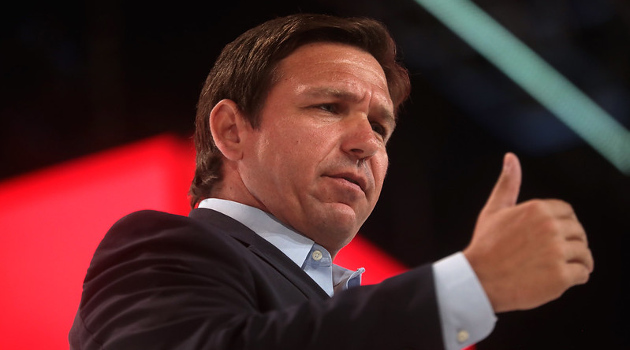Like any practical libertarian, I prefer decentralization (Switzerland is a great role model). My default view is that it is better for things such as roads and schools to be handled at the local level.
But I’m also an impractical libertarian. I fantasize about privatizing things (including roads and schools) that most people think can only be handled by government.
It’s why I’ve written favorably about Liberland. And I’ve also lauded examples of private local governance in some unexpected places.
By the way, we also have examples of private local governance in the United States.
Such as Disney World in Florida.
To elaborate, Disney struck a deal with Florida lawmakers back in the 1960s. The company agreed to invest billions of dollars and create tens of thousands of jobs and the state agreed to let Disney govern itself.
That approach has worked very well. But it’s now at risk because state lawmakers are upset that the company opposed a bill to limit discussion of certain sexual topics for kids in kindergarten through the 3rd grade.
Those lawmakers are so angry that they want to undo a successful example of private governance.
I’m not the only one who is worried about this development. Charles Cooke of National Review is not impressed by the state’s attack on the company’s self-governance.
Governor Ron DeSantis issued a proclamation instructing a special session of the Florida legislature to review whether Walt Disney World’s 50-year-old “independent special district” status should be rescinded now that the Walt Disney Company has had the temerity to annoy the Republican Party. …There is no need for the Republican Party of Florida to salt the earth… Presented with this objection, advocates of further retribution tend to switch gears and contend that…Disney’s special status, granted before 1968, was probably due for “reconsideration” anyway. …Florida has 1,844 special districts, of which 1,288 are, like Walt Disney World, “independent.” The Villages — where Governor DeSantis made his announcement about the review of Walt Disney World’s status — is “independent,” as are Orlando International Airport and the Daytona International Speedway. …Walt Disney World is deeply rooted in Florida’s soil, as a result of agreements the Florida legislature made with it in good faith. To poison that soil over a temporary spat would be absurd.
Scott Shackford also argues in favor of Disney’s legal status. Here’s some of his Reason column.
The Reedy Creek Improvement District, established in 1967, grants Disney the legal authority over and responsibility for 25,000 acres of land in Orange and Osceola counties. This includes planning and zoning authorities, as well as the responsibility to provide police, fire, and utilities in the area. …It’s a bit simplistic to think that giving Walt Disney World Resort the power of self-rule is some sort of gift or privilege. That the park, given self-governance, has managed to maintain itself as a generally safe and stable environment that people flock to from across the world is a pretty good indication that the company knows what it’s doing. Any contention that DeSantis is eliminating some sort of “special treatment” for Disney comes with it the perhaps mistaken assumption that the two counties suddenly in charge of all of this infrastructure will somehow make the park better and not worse. In reality, putting Disney parks at the mercy of two different counties with different laws will be a huge mess for everybody involved.
By the way, my defense of Disney’s legal structure does not mean I agree with the company’s political posturing. To the extent that we have to have government schools, I don’t see any problem with focusing on teaching small children the basic of reading and math, while leaving human sexuality for later ages.
In an ideal world, of course, we would have widespread school choice and the teaching of various subjects would be governed by market demand.
———
Image credit: Gage Skidmore | CC BY-SA 2.0.



